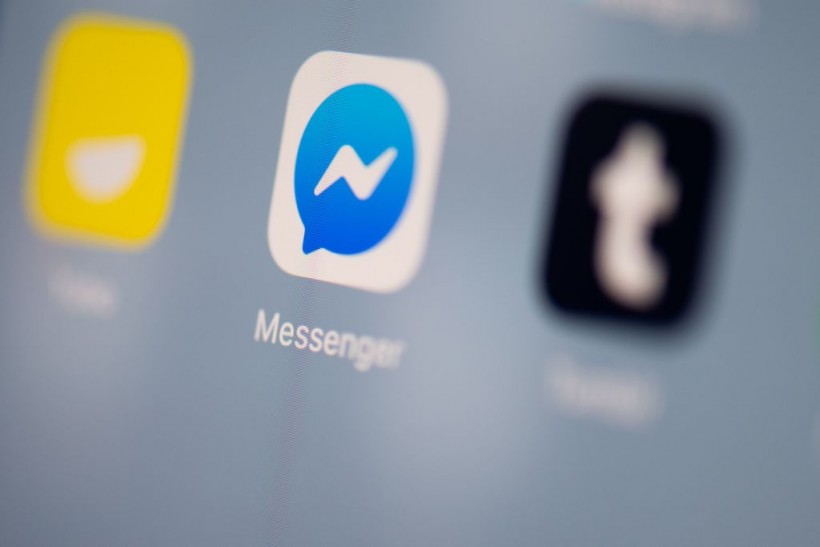After a prolonged development, Meta has launched end-to-end encryption as the default setting for one-on-one chats and calls on Messenger. The company asserts that with this feature enabled, only the sender and recipient of a message can access its contents.

(Photo : MARTIN BUREAU/AFP via Getty Images)
This illustration picture taken on July 24, 2019 in Paris shows the logo of the instant messaging application of Facebook called Messenger on the screen of a tablet.
Launching End-to-End Encryption in Messenger
While encrypted chats were initially introduced as an opt-in feature in 2016, The Verge reported that Meta has now made end-to-end encryption the standard for all two-person conversations in Messenger.
After an extensive development period, Messenger's Vice President, Loredana Crisan, highlights the careful and deliberate approach taken to introduce end-to-end encryption.
The process involved dedicated efforts from a team of engineers, cryptographers, designers, policy experts, and product managers who worked collaboratively to rebuild Messenger features from the ground up.
Crisan assures users that the implementation of encrypted chats won't compromise existing Messenger features. Users can still enjoy functionalities such as themes and custom reactions. However, she acknowledges that the transition to default encryption for all Messenger chats may take some time.
Despite the positive move towards default end-to-end encryption for one-on-one Messenger chats, it's worth noting that group Messenger chats still require users to opt-in. Additionally, default encryption is not yet implemented for Instagram messages.
However, Meta had previously stated in August that default encryption for Instagram messages would follow shortly after the widespread adoption of private Messenger chats.
Zuckerberg's Promise
In 2019, CEO Mark Zuckerberg outlined the company's strategy to transition towards encrypted ephemeral messages across its messaging apps. Expressing his vision for the future of communication, he stated in a Facebook post that he believed private, encrypted services would play a central role.
He emphasized the importance of people feeling confident that their interactions remain secure, and their messages and content won't persist indefinitely. Zuckerberg expressed his aspiration for the company to contribute to realizing this envisioned future.
Also Read: Facebook Messenger Default E2E Encryption To Arrive; Meta Aiming for Global Launch 2023
Enabling default encryption in Messenger marks a significant shift, as it renders Meta incapable of viewing the content of the majority of chats. This not only safeguards user privacy but also introduces a layer of protection against potential requests for information from law enforcement.
An illustrative incident from the past involved Meta making headlines when law enforcement used Messenger chat history as evidence against a 17-year-old and her mother facing criminal charges related to an illegal abortion.
The move towards default encryption raises questions about the delicate balance between user privacy and law enforcement's need for access to digital communications.
Advocates for encryption argue that it serves as a crucial safeguard for individual privacy, preventing unauthorized access and ensuring that sensitive conversations remain confidential.
Meanwhile, opponents argue that default encryption hampers law enforcement efforts by making it more challenging to track and apprehend individuals engaged in illegal activities, especially on platforms like WhatsApp, which already has encryption enabled by default.
Related Article: Meta Delays Facebook and Instagram Encryption to 2023










